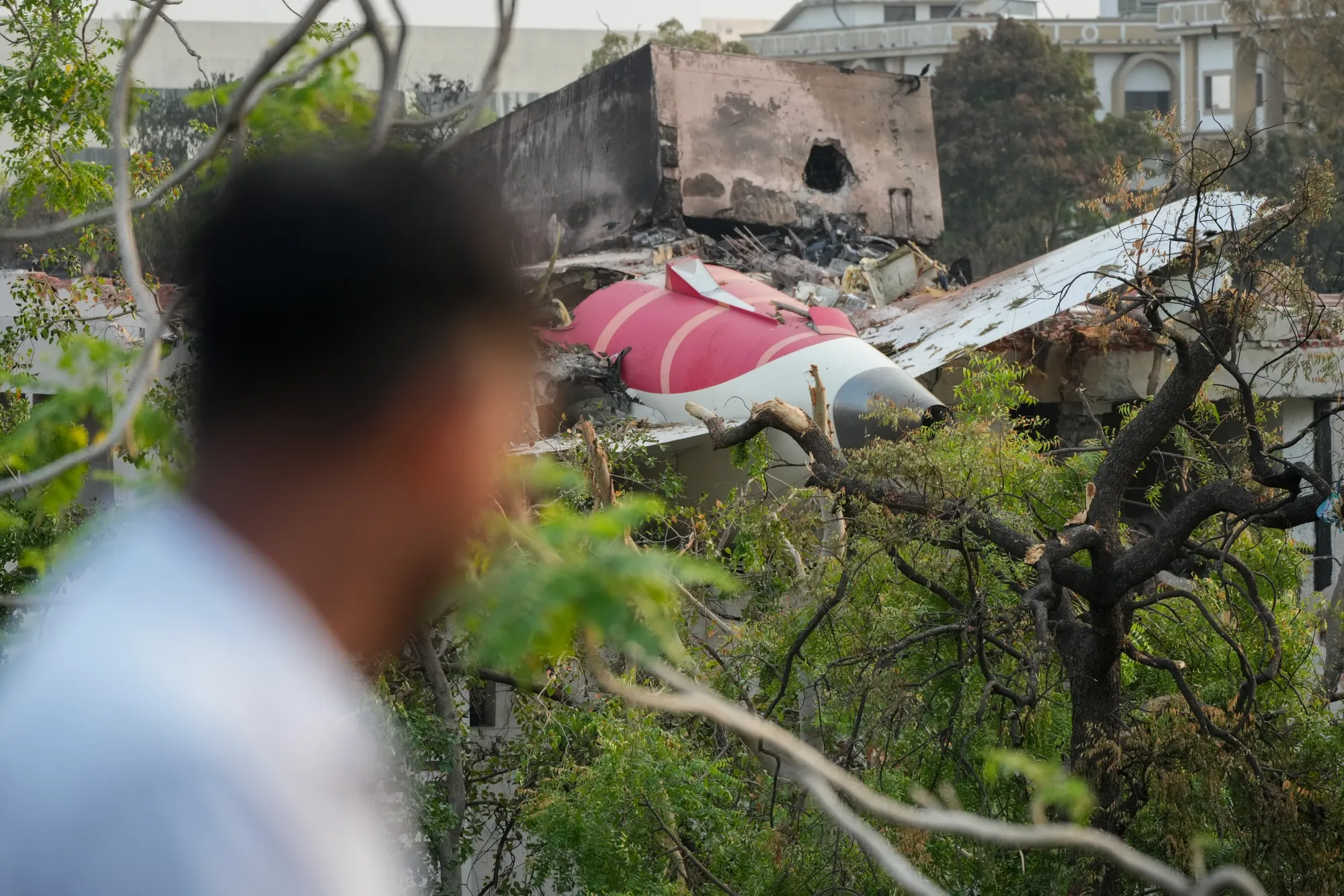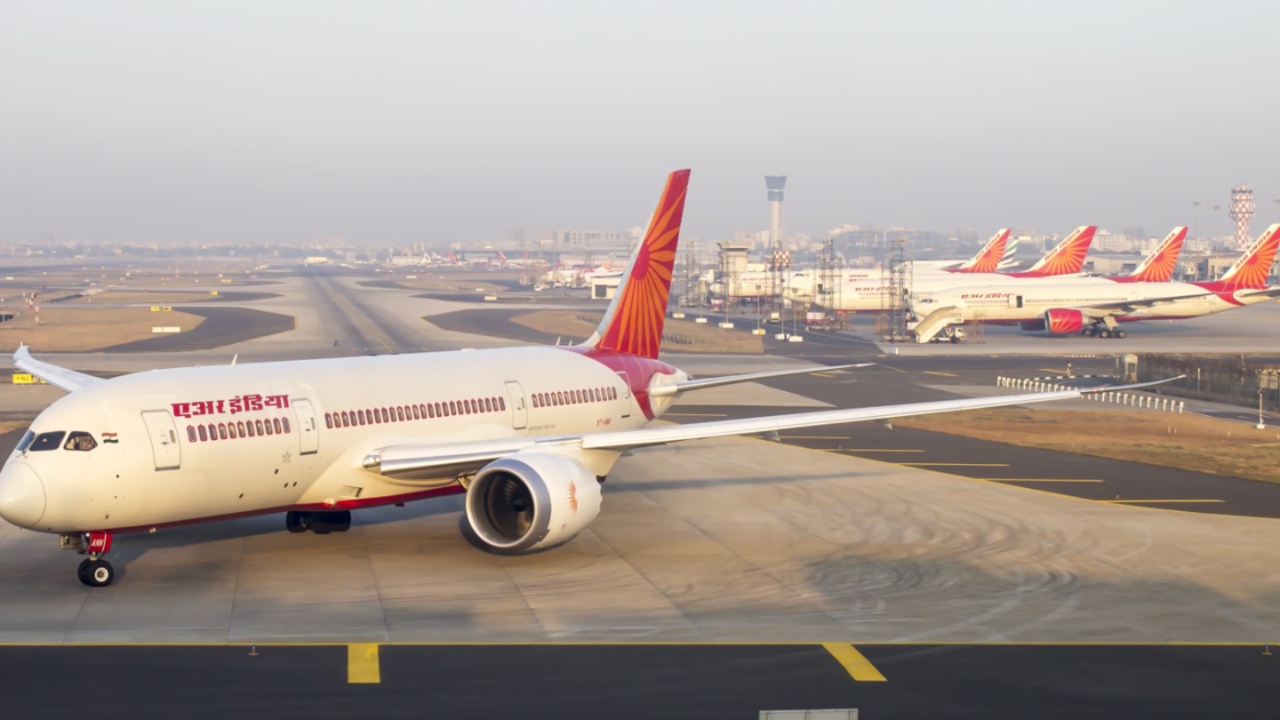India’s Directorate General of Civil Aviation (DGCA) has mandated that all airlines operating Boeing aircraft inspect the planes’ fuel control switches following a deadly crash in June involving an Air India Boeing 787 Dreamliner.
The crash of Flight 171, which was headed to London, resulted in the deaths of 260 people and is considered one of the worst aviation disasters in nearly a decade. The DGCA’s directive follows international concern over the safety of these switches after a preliminary report suggested a possible connection between the fuel cut-off and the crash.
Fuel Switch Position Questioned as Investigators Probe Cause of Engine Thrust Loss
The preliminary investigation conducted by the Aircraft Accident Investigation Branch (AAIB) revealed that the fuel switches in the cockpit were found in the “cut-off” position shortly after takeoff, which led to engine thrust loss.
Cockpit voice recordings captured one pilot asking, “why did you cut off?” and the other responding, “I did not do so.” This sparked questions about whether the switches were accidentally moved, a possibility that was raised in a 2018 FAA advisory recommending—though not mandating—inspections of the switch locking mechanisms to prevent unintentional movement.

In response to the preliminary findings, the DGCA has ordered Indian airlines to complete inspections by July 21, emphasizing the need for strict compliance to maintain flight safety. This move comes after various international airlines had already begun conducting their own checks.
Meanwhile, the U.S. Federal Aviation Administration (FAA) reiterated that Boeing’s fuel switches are safe, stating that their 2018 advisory was precautionary and based on reports of improperly locked switches, not a systemic safety defect.
Crash Fallout Triggers Global Inspections and Renewed Focus on Aviation Safety Standards
Air India had not carried out the inspections recommended in 2018, citing the advisory’s non-mandatory nature. In defense of the flight’s crew, the Indian Commercial Pilots’ Association argued that the pilots followed their training under extremely difficult circumstances and urged the public not to pass judgment based on preliminary reports. The AAIB also clarified that its initial findings were not intended to assign blame, only to aid in improving aviation safety.
The fallout from the crash has prompted not just Indian regulators but also other international aviation bodies to take action. Reuters reported that South Korea is considering ordering inspections of Boeing aircraft operated within the country.
As the investigation continues, the incident has reignited global scrutiny on aircraft safety practices, particularly concerning older advisories that were not made mandatory. The aviation community is now closely monitoring further developments to prevent such tragedies in the future.












Leave a Reply